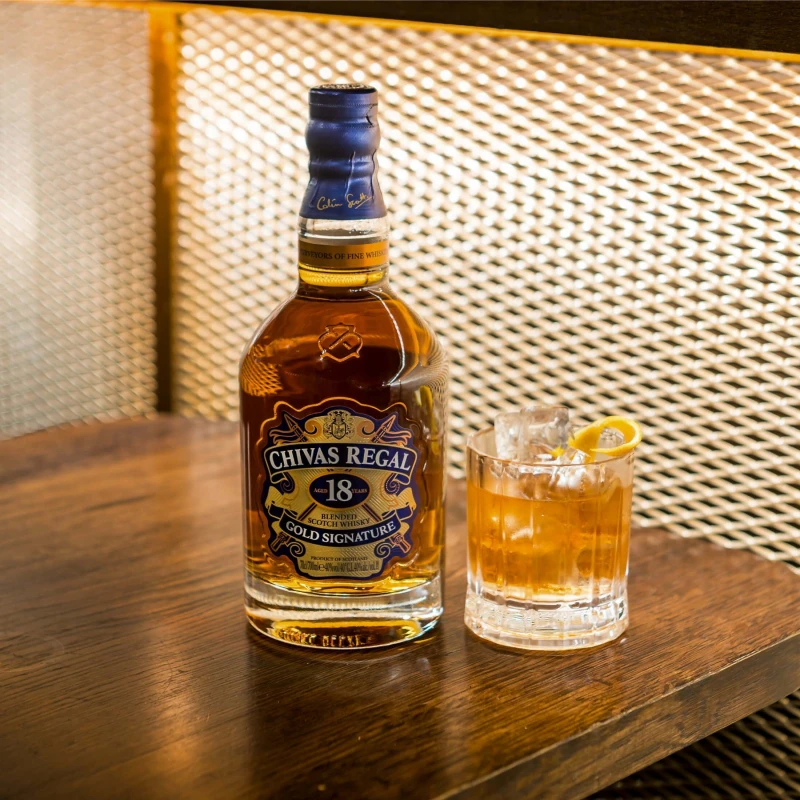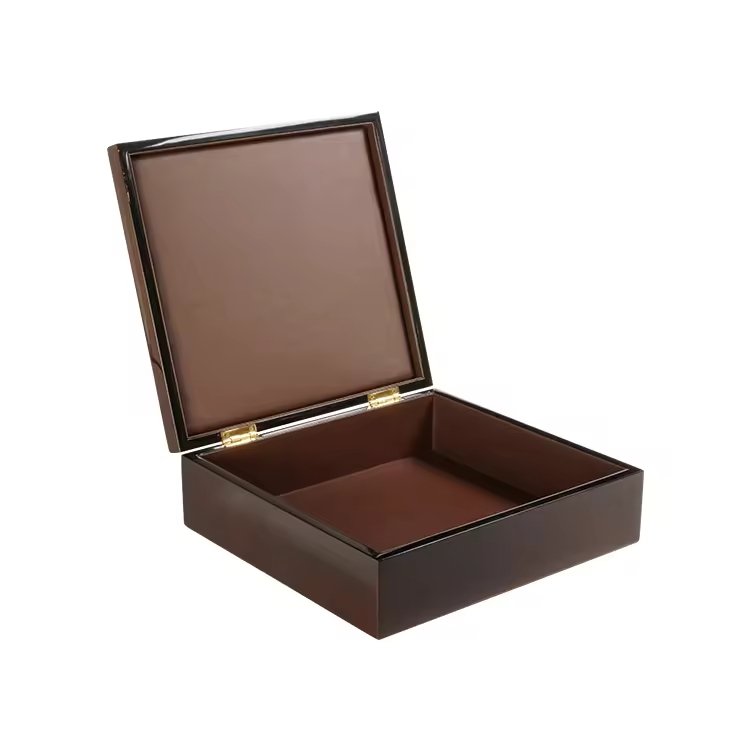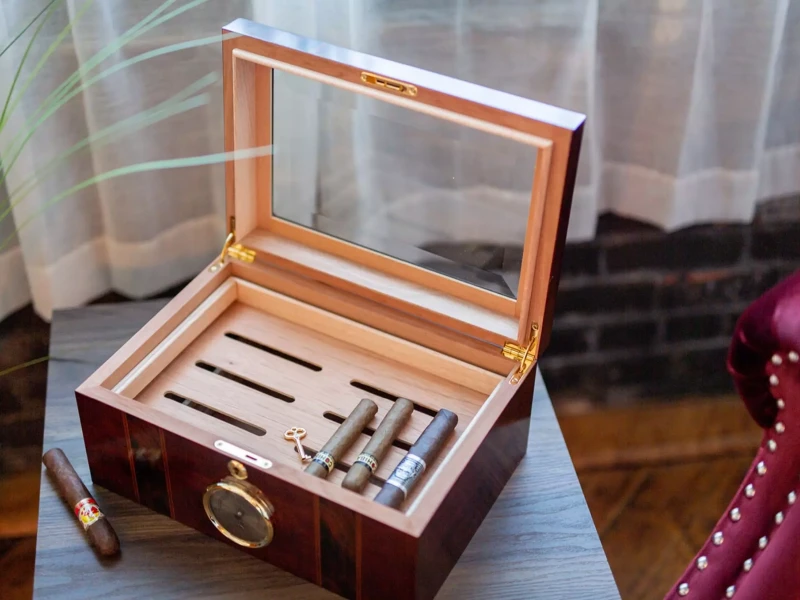
Art can transform a cigar box from packaging into a collectible object. But without control, it risks either overwhelming the design or inflating cost.
Hand-drawn illustrations and artistic patterns are suitable for high-end cigar boxes when used with precision, storytelling purpose, and carefully chosen reproduction methods.
Let’s explore how artistry and practicality can work together.
Why can hand-drawn artwork enhance uniqueness and artistic value in luxury packaging?
Mechanical patterns feel repeatable. Hand-drawn lines carry individuality.
Hand-drawn artwork enhances uniqueness by introducing a human touch that communicates craftsmanship and artistic value.
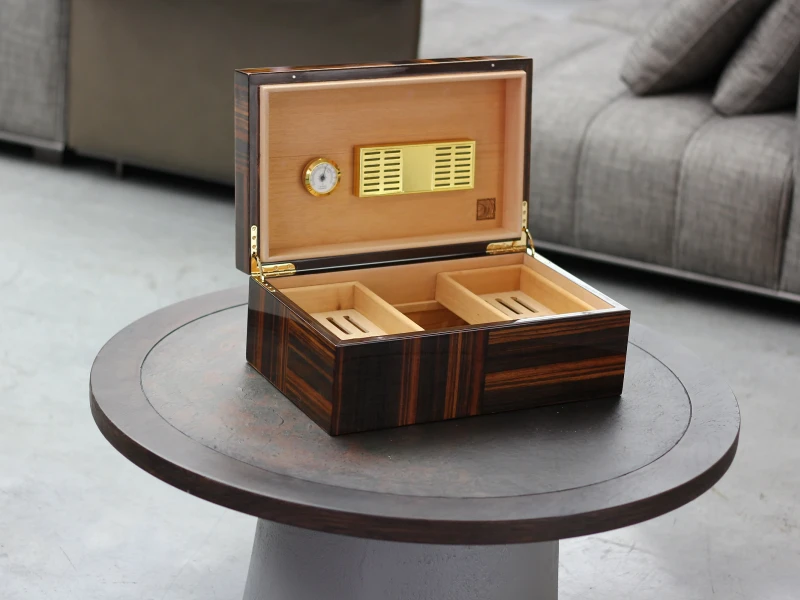
For collectors, a sketch-like motif or an artisan’s interpretation of tobacco leaves adds authenticity. It suggests that the box itself is part of the creative process, not just mass production.
Artistic value signals
| Artwork Feature | Luxury Effect | Consumer Perception |
|---|---|---|
| Visible brushstroke | Human touch | Authentic artistry |
| Unique imperfections | One-of-a-kind feeling | Higher collectible appeal |
| Hand-signed detail | Personalization | Emotional connection |
I once worked with a brand that commissioned local artists for lid illustrations. Collectors said it felt like owning “functional art” as much as cigars.
How do artistic motifs help tell cultural or historical stories of the brand?
Patterns can carry history without words.
Artistic motifs tell stories by visualizing culture, heritage, or brand milestones, making packaging a medium of narrative.
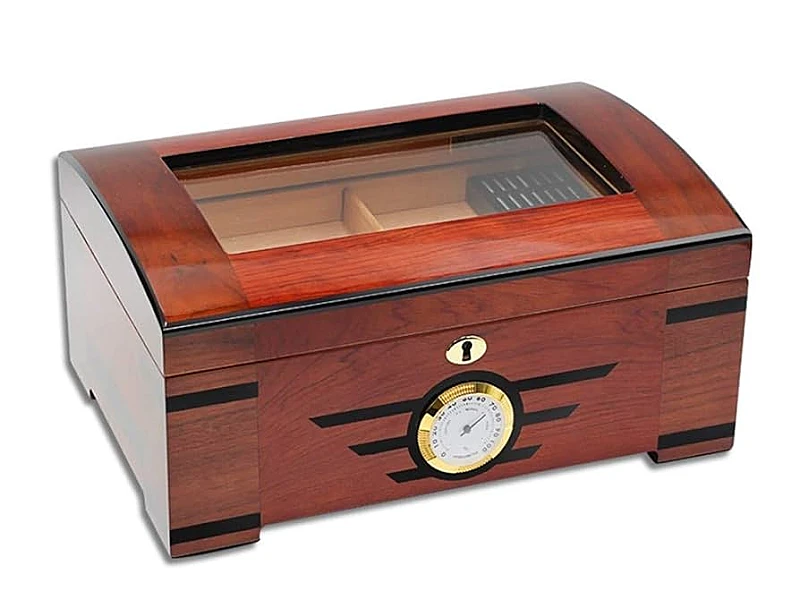
Tobacco fields, colonial architecture, or folkloric designs can serve as recurring codes that root the brand in its cultural birthplace. This storytelling builds authenticity and depth.
Storytelling through motifs
| Motif Example | Narrative Value | Consumer Impact |
|---|---|---|
| Plantation sketch | Tobacco heritage | Respect for origin |
| Colonial emblem | Historical continuity | Prestige and authority |
| Folkloric pattern | Cultural celebration | Warmth and emotional pull |
I once created boxes with engraved maps of Nicaragua. Buyers said it made the cigars “feel like part of history.”
In what way can illustrations differentiate limited editions from regular collections?
Regular lines rely on stability; limited editions thrive on distinction.
Illustrations differentiate limited editions by making each release visually unique, while the core brand identity remains stable.
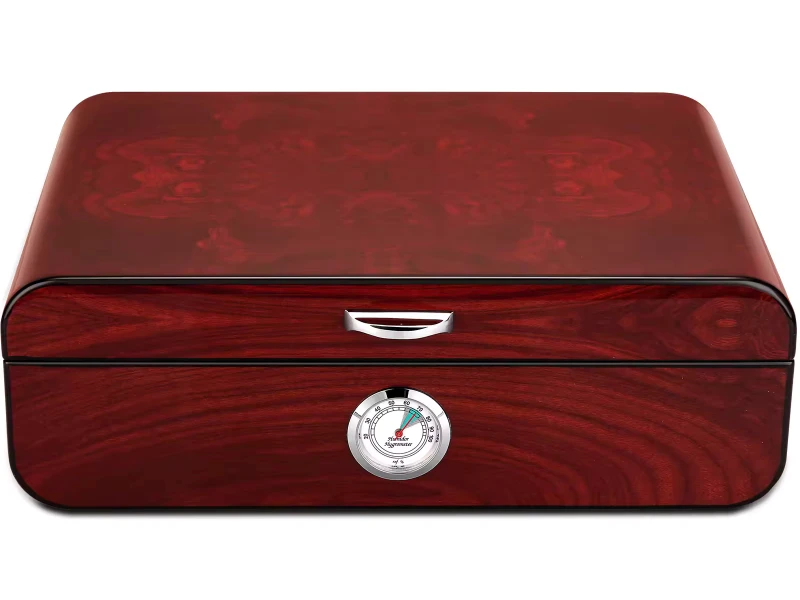
An annual series can use new hand-drawn themes to signal freshness. Collectors expect variation and are more likely to value artistic editions as rare.
Limited vs. regular editions
| Edition Type | Role of Art | Collector Perception |
|---|---|---|
| Regular collection | Minimal illustration | Consistency and trust |
| Limited edition | Distinct illustration theme | Exclusivity and collectibility |
One client used yearly artistic covers for holiday boxes. Collectors built full series, treating them like art prints.
How can printing techniques (screen printing, laser engraving, digital transfer) balance artistry with efficiency?
Hand painting every box may be too costly. Reproduction methods ensure scale while keeping the artistic feel.
Printing and engraving techniques balance artistry with efficiency by replicating hand-drawn effects without full manual labor.
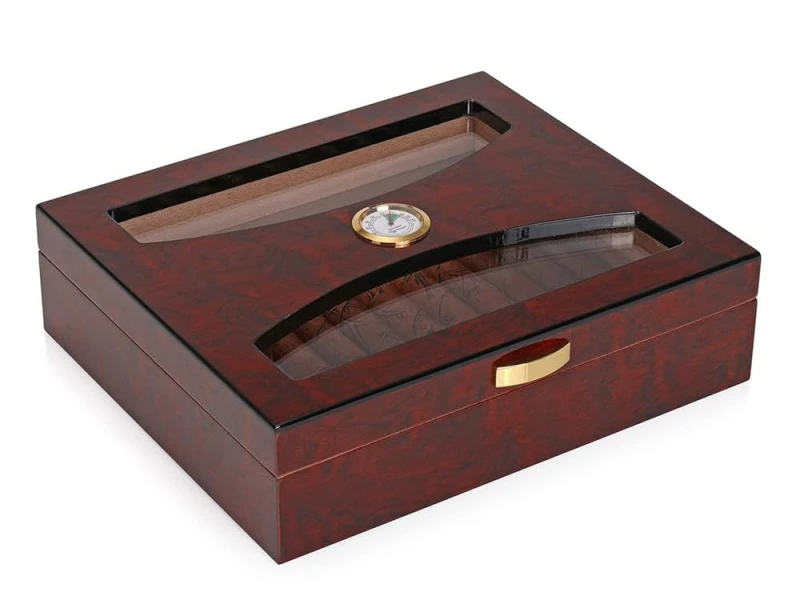
Screen printing captures linework clearly. Laser engraving creates permanent art on wood. Digital transfer allows full-color reproduction. The right method depends on budget and effect.
Technique comparison
| Technique | Artistic Effect | Cost/Scalability |
|---|---|---|
| Screen printing | Clean, bold lines | Medium cost, scalable |
| Laser engraving | Natural wood integration | Durable, premium |
| Digital transfer | Full-color reproduction | Efficient, lower labor |
I once used laser etching for a floral motif. The wood grain merged with the design, making each box unique but scalable.
Why should brands carefully evaluate the cost of manual vs. mechanical reproduction?
Costs can escalate fast with full manual art.
Brands must weigh manual artistry against mechanical reproduction to achieve balance between exclusivity and practicality.
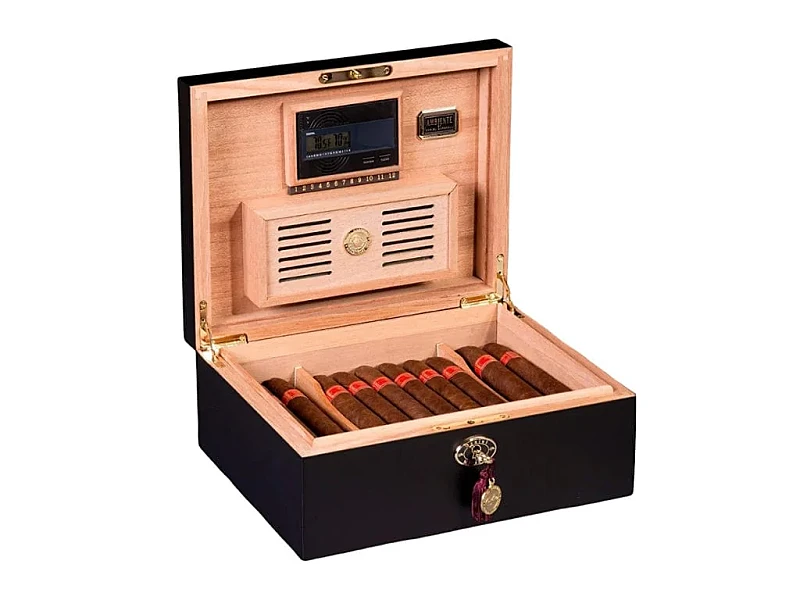
Manual work should be reserved for ultra-limited runs, while broader editions use scaled techniques. The choice depends on edition size, positioning, and target collectors.
Cost evaluation
| Approach | Advantage | Limitation |
|---|---|---|
| Manual artwork | Unique, collectible aura | High labor, limited quantity |
| Mechanical printing | Scalable, cost-efficient | Less artisanal authenticity |
| Hybrid approach | Manual touches + print base | Balance of cost & uniqueness |
One brand added hand-signed numbers to printed illustrations. The hybrid solution gave collectors exclusivity without excessive costs.
Too much decoration risks making packaging look busy or cheap.
Controlled use of illustrations—small areas, muted tones, or tone-on-tone patterns—keeps the design elegant while still artistic.

Strategic placement (corners, borders, or inside lids) avoids overpowering the box’s premium aesthetic. Less is often more in luxury.
Control strategies
| Artistic Use | Premium Control | Effect on Elegance |
|---|---|---|
| Subtle borders | Decorative frame | Adds refinement |
| Tone-on-tone motif | Low contrast illustration | Discreet luxury |
| Inside-lid artwork | Hidden storytelling | Personal surprise for buyer |
I once designed boxes with artwork hidden under the lid. Collectors described it as “secret luxury”—discreet yet powerful.
Conclusion
Hand-drawn illustrations are suitable for high-end cigar boxes when they enhance storytelling and uniqueness, while printing techniques, cost evaluation, and controlled placement ensure scalability and elegance.
Brand Name: WoodoBox
Slogan: Custom Wooden Boxes, Crafted to Perfection
Website: www.woodobox.com
WhatsApp:** +86 18359265311


